The terms “hemp” and “CBD” are often used interchangeably, but they actually refer to different things in the cannabis world. Understanding what is the difference between hemp and CBD is important for consumers, growers, and businesses alike. While hemp is a type of cannabis plant with specific characteristics, CBD (cannabidiol) is a compound extracted from hemp and other cannabis plants. This article will explore the distinctions between hemp and CBD, clearing up common misconceptions and explaining their unique roles in the industry.
Hemp is a variety of the Cannabis sativa plant grown primarily for its fibers, seeds, and low THC content (less than 0.3%). This plant has been used for centuries in the production of textiles, paper, bioplastics, and food due to its durability and versatility. Many people ask what is the difference between hemp and CBD to better understand these uses.
Unlike other cannabis varieties, hemp does not produce psychoactive effects, making it legal in many countries and states as long as THC limits set by law are respected. Knowing what is the difference between hemp and CBD is crucial for legal clarity.
The cultivation of hemp is gaining popularity because of its positive environmental impact and its potential as a sustainable raw material in various industries. Consumers curious about what is the difference between hemp and CBD often look for this information.
CBD, or cannabidiol, is a naturally occurring compound found in cannabis plants, including both hemp and marijuana varieties. Unlike THC, CBD does not produce psychoactive effects, making it popular for therapeutic and wellness purposes. Many people wonder what is the difference between hemp and CBD when exploring these products.
CBD is extracted primarily from hemp plants due to their higher cannabidiol content and low THC levels, making the extraction process compliant with legal regulations in many regions. Understanding what is the difference between hemp and CBD helps consumers make informed decisions about usage and legality.
People use CBD for various reasons, including pain relief, anxiety reduction, and anti-inflammatory effects, although scientific research is still ongoing to fully understand its benefits and limitations. It’s common to ask what is the difference between hemp and CBD to better navigate the growing market.
Understanding what is the difference between hemp and CBD involves recognizing their distinct characteristics and uses. Hemp is the plant itself, cultivated for various purposes including fiber, seeds, and extraction of compounds like CBD. CBD, on the other hand, is just one of the many cannabinoids found within hemp and other cannabis plants.
One major difference lies in THC content: hemp must contain less than 0.3% THC, making it non-psychoactive, whereas CBD is a compound extracted from hemp that can be used in various forms such as oils, edibles, and topicals. This distinction is important for legal and practical reasons, especially when considering the legality of hemp vs CBD products.
While hemp refers broadly to the plant and its industrial applications, CBD specifically relates to health and wellness products aimed at providing therapeutic benefits without the “high” associated with THC. Consumers often search for information on hemp vs CBD to understand these differences before purchasing products.
| Aspect | Hemp | CBD |
|---|---|---|
| Definition | A variety of Cannabis sativa plant grown for fiber, seeds, and low THC content. | A cannabinoid compound extracted from hemp and cannabis plants. |
| THC Content | Less than 0.3%, non-psychoactive. | Contains negligible or no THC when properly extracted. |
| Uses | Industrial applications, textiles, food products, and source of CBD extraction. | Used in oils, edibles, topicals, and supplements for health and wellness. |
| Legal Status | Legal in many countries under strict THC limits. | Legal in many regions but subject to varying regulations depending on THC content. |
Both hemp and CBD have a wide range of applications, but their uses differ significantly. Hemp is used extensively in industries such as textiles, construction, food, and biofuels due to its durable fibers and seeds. Products like hemp clothing, paper, and hemp seed oil are common examples.
CBD, on the other hand, is primarily used in health and wellness products. These include CBD oils, capsules, edibles, creams, and tinctures designed to provide potential therapeutic benefits. Consumers often seek what is the difference between hemp and CBD to better understand which products suit their needs.
It’s important to note that many CBD products are derived from hemp plants, ensuring low THC levels and legal compliance. However, not all hemp products contain CBD, and vice versa.
Both hemp and CBD have a wide range of applications, but their uses differ significantly. Hemp is used extensively in industries such as textiles, construction, food, and biofuels due to its durable fibers and seeds. Products like hemp clothing, paper, and hemp seed oil are common examples.
CBD, on the other hand, is primarily used in health and wellness products. These include CBD oils, capsules, edibles, creams, and tinctures designed to provide potential therapeutic benefits. Consumers often seek what is the difference between hemp and CBD to better understand which products suit their needs. For more details, visit our comprehensive guide to CBD products.
It’s important to note that many CBD products are derived from hemp plants, ensuring low THC levels and legal compliance. However, not all hemp products contain CBD, and vice versa.
The legal landscape surrounding hemp and CBD can be complex and varies significantly by country and region. Understanding what is the difference between hemp and CBD from a legal perspective is essential for consumers, producers, and businesses.
Hemp is generally legal in many countries as long as it contains less than 0.3% THC, which is the psychoactive compound in cannabis. This low THC threshold allows hemp to be cultivated for industrial and commercial purposes without legal restrictions in many jurisdictions.
CBD products, however, face stricter regulations in some places, especially depending on their THC content and intended use. Some regions classify CBD as a supplement, others as a pharmaceutical, and a few still have prohibitions or restrictions on its sale and use.
For reliable and up-to-date information on cannabis laws and regulations, visit Healthline’s CBD resource page, which offers comprehensive insights into legal aspects and research.
In summary, understanding what is the difference between hemp and CBD helps consumers make informed decisions about the products they choose. While hemp refers to the plant grown primarily for industrial uses with low THC content, CBD is a compound extracted from hemp and other cannabis plants, used mainly for wellness and therapeutic purposes.
Both hemp and CBD play important roles in the cannabis industry, with distinct applications and legal frameworks. Staying informed about their differences ensures safe, legal, and effective use of these products.
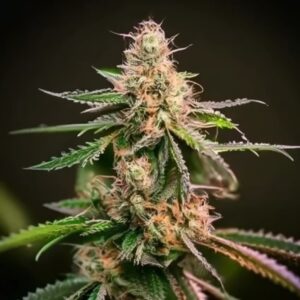

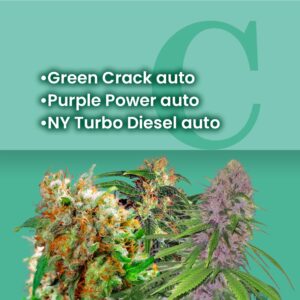
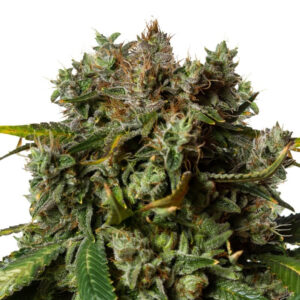

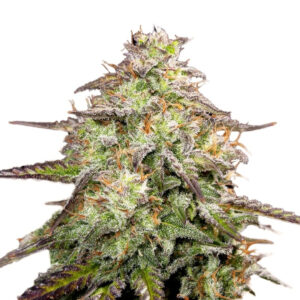
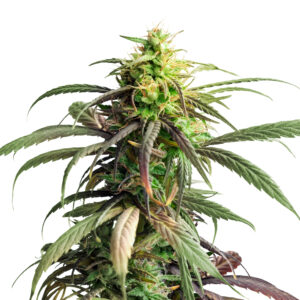






Related Posts
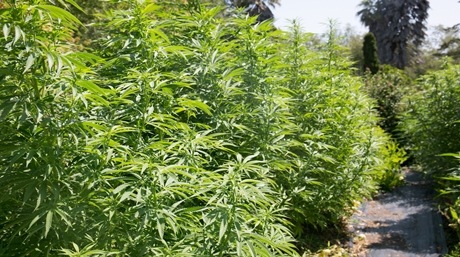
We have carefully selected a few of the best tips to grow bigger yields. Have a look, and get growing 😉
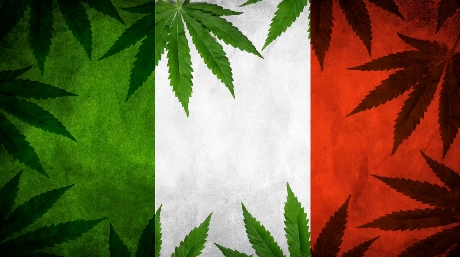
The proposed bill was similar to the one passed by voters in Colorado in 2012. Italian citizens would be allowed to grow up to 5 plants for their own personal use, they would be allowed to have up to 15 grams of marijuana at home, and have up to 5 grams of marijuana on them out in public. Cannabis clubs would also be legal, so up to 50 people could get together and smoke. This also means that the transfer of marijuana to these “clubs” would be legal as long as it’s not for profit.
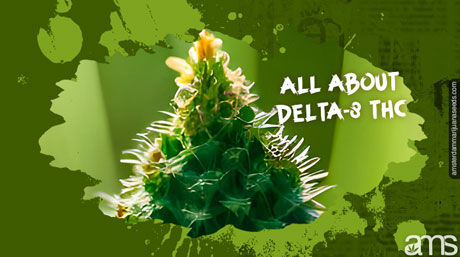
If you keep yourself updated about the ins and outs of information in the hemp and cannabis industry, you must have already heard about this new cannabinoid from the family tearing through the mainstream media.
With over a hundred types of cannabinoids identified now, this newly discovered cannabinoid is making a buzz in the market. Unlike the many well-known cannabinoids…